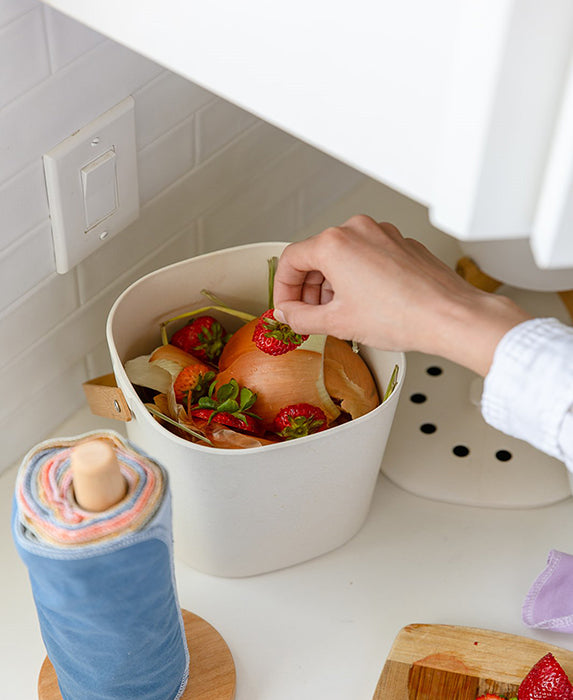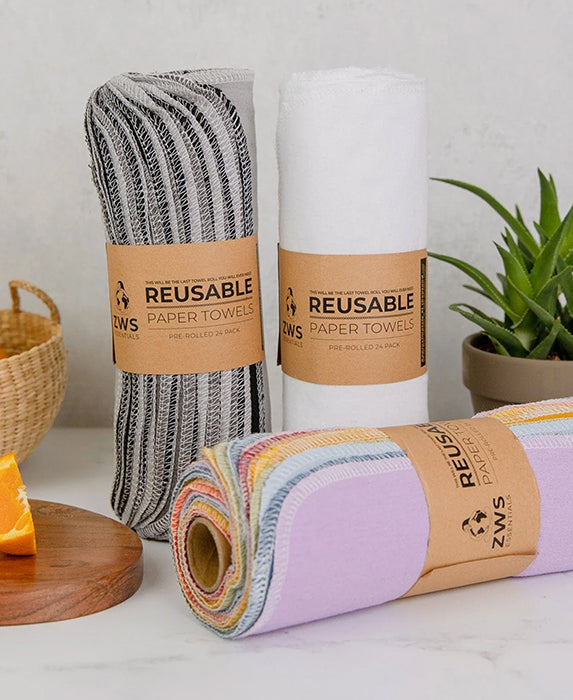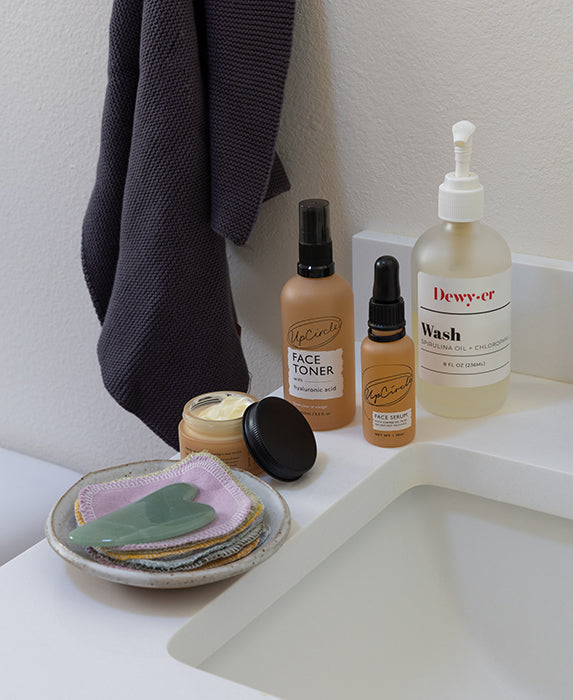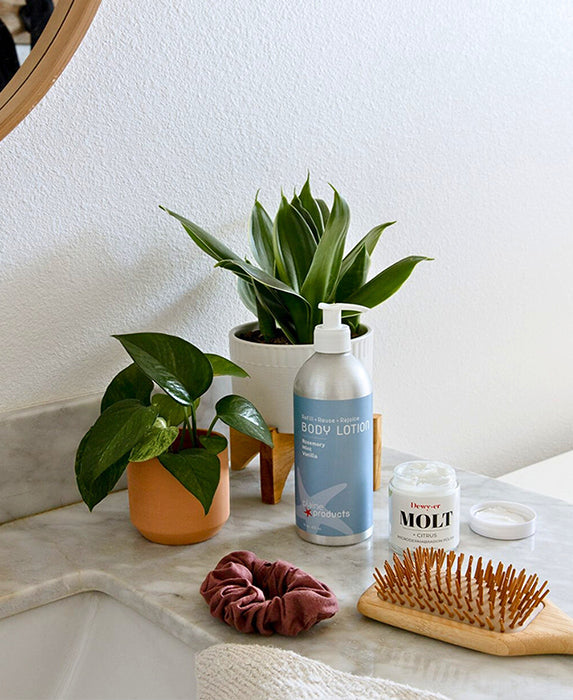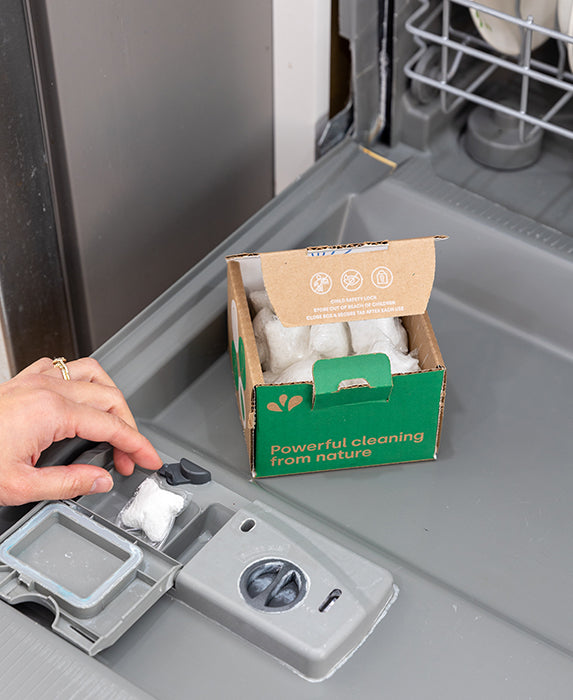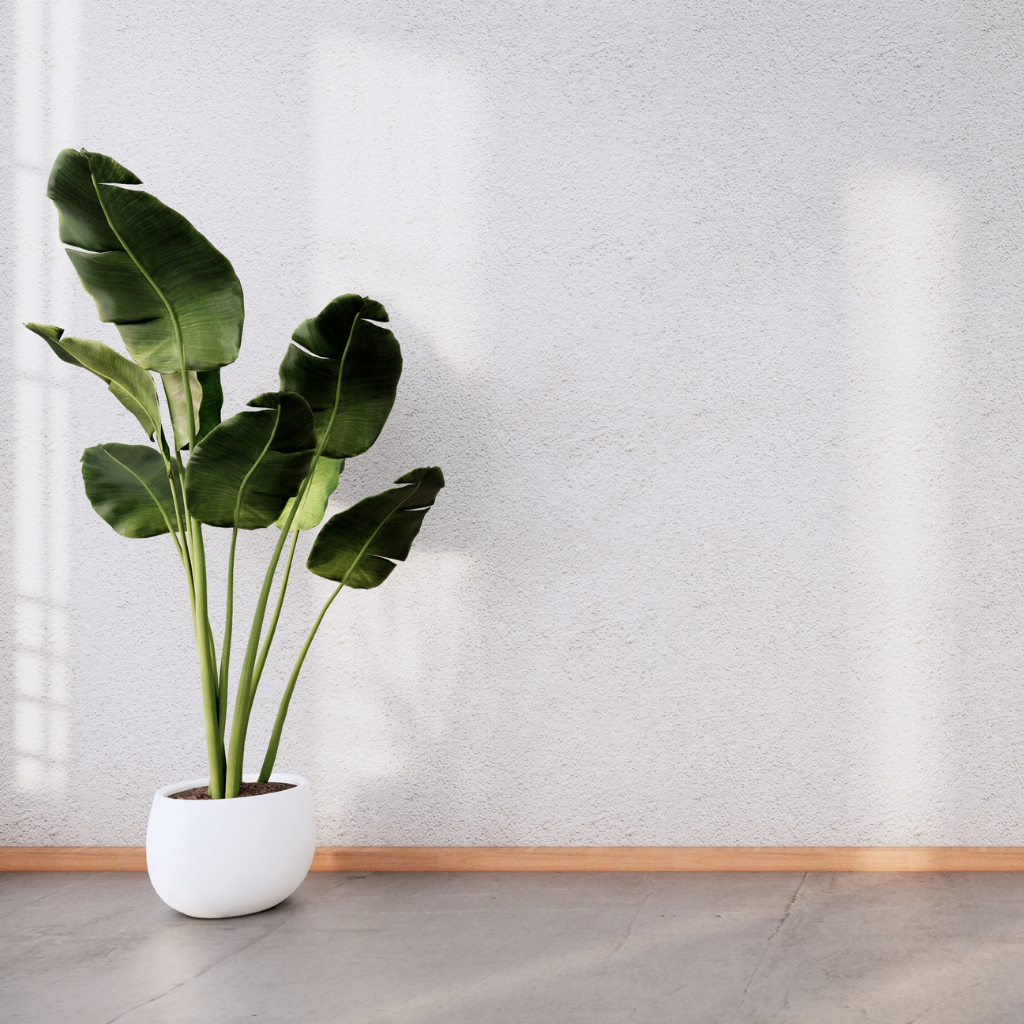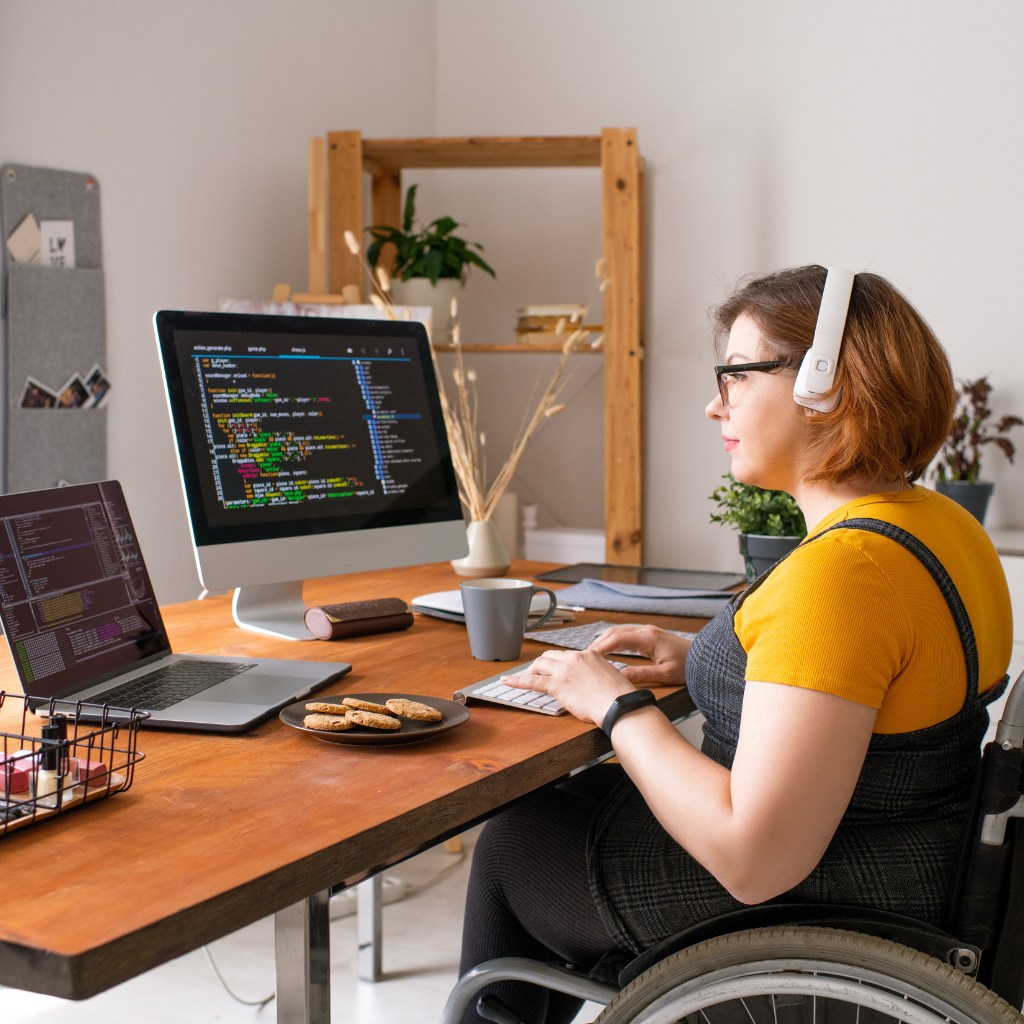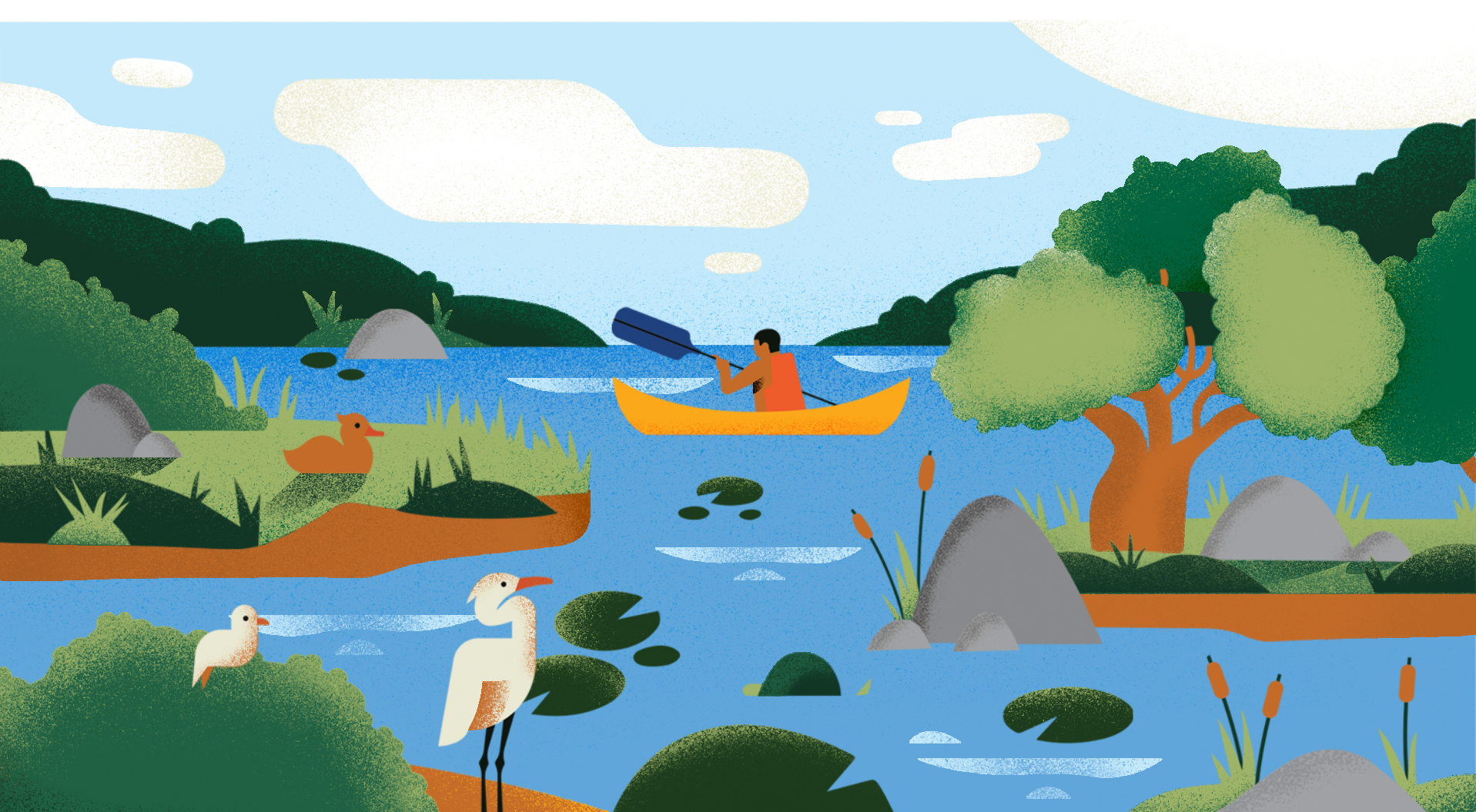This blog was written by a guest contributor Angela Horn, a simple living advocate and blogger. Learn more about them below!
As a card-carrying minimalist since 2008, I am all in on the lifestyle. (I’ve even touted its benefits in a TEDx talk.) But how did I get here? Like most good adventures, it started with a throwaway comment.
Faced with the prospect of moving house (again), I suggested to my wife that we sell everything and move into a furnished apartment. She agreed, albeit reluctantly.
I posted an ad on Gumtree before she could change her mind, and within a week, we’d jettisoned the majority of our belongings.
All I wanted was to eliminate the headache of packing, transporting, and unpacking a bunch of stuff. I got that and a whole lot more.
Removing the excess improved our finances, freed up our time, and lowered our stress levels. These benefits opened our eyes to the potential of a minimalist lifestyle.
Ours was an extreme experiment, but it’s by no means the only way to experience calm in your life. If you’re feeling overwhelmed by the amount of stuff in your house, keep reading!
Minimalism: What It Is and What It Definitely Isn't
Minimalism can be a loaded term, one that’s often associated with deprivation or austerity. But in reality, it's about intentionality. There’s no once-size-fits-all with this lifestyle. One person’s plenty will always be another person’s not enough.
While there’s lots of friendly competition online to see who can live with the least, that’s only one approach out of many. You don’t have to live in an empty house (unless furniture-free living is your thing) or downsize to nothing.
Minimalism is about consciously deciding what gets to occupy your space and time. William Morris summed it up perfectly when he said, “Have nothing in your houses that you do not know to be beautiful or believe to be useful.”
Do what works for you. If you find solace in a room filled with books, keep them. If you feel inspired by a wall of art, let it stay. The aim is not to create a barren wasteland but a space that facilitates peace, creativity, and happiness.
Why Embrace a ‘Less Is More’ Lifestyle?
Living with less creates space for things that matter: your passions, relationships, health, and mental well-being. It reduces the stress and anxiety associated with clutter and enables you to focus on the present moment.
It inspired us to trade our cars for bicycles and experience life at a slower pace. My friend Carolin created a business making beach towels from recycled fibers after she downsized. Another internet acquaintance used her newfound time affluence to start a holistic coaching practice. Imagine what you could do!
Adopting a minimalist lifestyle can also bring about financial freedom. When we stop buying things we don't need, we can save more, invest more, and worry less about money. It resulted in us paying off our debt, and apart from a recently acquired mortgage, we’ve remained debt-free ever since.
In a world that constantly pushes for more—more stuff, more success, more status—opting for less can feel rebelliously liberating. It allows us to get out of the fast lane, to breathe, to be content with what we have.
The benefits of minimalism extend beyond the personal, though. When you reduce, reuse, and recycle, you're also contributing to the health of the planet.
Most of our possessions come with an environmental cost. They require resources to manufacture, package, and transport. And when we're done with them, they often end up as waste, filling up landfills or polluting our oceans.
By adopting a minimalist lifestyle, we can reduce our ecological footprint. We use less energy, produce less waste, and decrease the demand for manufacturing.
Minimalism embodies the very essence of what it means to live a more sustainable lifestyle: to meet our needs without compromising the ability of future generations to meet theirs.
It’s a step away from the throwaway culture that damages our environment and a move towards a circular way of thinking that eschews planned obsolescence in favor of keeping resources in use as long as possible.
Let’s Get Started: Your (Mini) Roadmap to a More Minimal Lifestyle
Transitioning to a minimalist lifestyle doesn't happen overnight. It's a journey that starts with recognizing the need for less and ends in a more mindful, fulfilling life. These five steps will set you on the right path.
1. Awareness
Begin by acknowledging the clutter in your life, both physical and mental. Recognize how it's contributing to stress, inhibiting your productivity, and detracting from your well-being.
No shame. No guilt. Just awareness. Observe your surroundings and consider what you truly need and value versus what you own out of habit or guilt (e.g. that treadmill gathering dust in the garage).
2. Assessment
Do a thorough audit of your possessions. Evaluate every item based on its utility, emotional significance, and aesthetic appeal. If it doesn't serve a meaningful purpose or spark a sense of joy, it should probably be rehomed.
3. Action
Start decluttering, one room at a time. Donate, recycle, or sell items that no longer serve a purpose in your life. Take care to approach this mindfully to avoid inadvertently trashing the planet in the process.
If you need help starting, there are plenty of free online resources and guides to facilitate your decluttering journey. Don’t procrastinate, just get started!
4. Acquisition
Moving forward, it's important to be deliberate when making purchases. Before buying anything, ask yourself if you truly need it or if it will simply add to the clutter.
While you’re at it, make sure the things you buy tick the sustainability box as well. Default to Earth Hero for your online shopping needs, support sustainable small businesses, and steer clear of fast fashion by creating an earth-friendly wardrobe.
5. Adaptation
Living a minimalist lifestyle is an ongoing process, not a one-time event. It involves regularly assessing your possessions and how you spend your time. It's important to remain flexible and adjust your approach as your needs and circumstances evolve.
By cutting down on the clutter and adopting a ‘less is more’ mentality, you can unlock a simpler, more satisfying lifestyle. Remember, minimalism is not about having less; it's about making room for more of what matters. Embrace this way of thinking, and watch your life transform for the better.
Common Misconceptions About the Lifestyle
Misconceptions about minimalism are quite common. People often assume it means having to live in stark, empty surroundings or giving up life’s creature comforts. This couldn’t be further from the truth.

All minimalists live in tiny homes
While some minimalists may choose to live in small spaces, this isn't a requirement. Minimalism is more about the control and conscious choice of what you allow into your life. You can live in a large house and still be a minimalist if the space and the items within it bring you joy and serve a purpose.
Minimalism is for singles or people without kids
Minimalism isn't exclusive to any particular demographic. Anyone, including families with children, can embrace this lifestyle. In fact, minimalism can be a great tool to teach kids about values beyond material possessions, such as relationships, experiences, and conscious consumption.

Minimalism is boring
Contrary to popular belief, a minimalist lifestyle does not equate to a boring life. By removing excess, you create space for what truly matters to you. This could be hobbies, relationships, or experiences, all of which can bring more joy and fulfillment than material possessions.
In Their Shoes: Snapshots of Everyday Minimalists
When you’re just starting out, it can help to see real examples of people living the minimalist lifestyle. Their stories remind us that minimalism isn't about stripping life down to the bare essentials but rather curating it with intent.
Whether you're just embarking on your journey or have been on the minimalist path for some time, these stories are proof that there's not just one way to live minimally; there are as many ways as there are people choosing this lifestyle.
An emotional hoarder from a young age, Marissa embarked on a 5-year declutter mission after she discovered minimalism. After one final extreme declutter, she left for Europe with her husband and two young sons. They had eight suitcases between them.
Christine Platt never intended to become The Afrominimalist. All she wanted was to create a sense of calm in her chaotic closet. But while she enjoyed the benefits of living with less, she wasn’t that enamored with mainstream minimalism. She decided to do things her way. (Her TED talk is a must-watch.)
Struggling with depression and mortified by the state of her uber-messy house, Rachel Jones drew a line in the sand. She wanted clear counters, organized cupboards, and a living room she actually wanted to spend time in. That was 2008, and she hasn’t looked back since.
Colin Wright has been traveling the world full-time since 2009. For most of that time, his readers decided which country he would move to next. To make it even more challenging, he alternated locations every four months (gulp!). Colin has since stopped doing that, but stretching his boundaries remains a common theme in his life.
Keep Going: Tips to Maintain Your New Lifestyle
With any new endeavor, you’re bound to face obstacles and moments of doubt. Here are some strategies to keep you motivated and focused on maintaining a minimalist lifestyle:
Remember Your 'Why'
Whenever you feel discouraged or overwhelmed, remind yourself why you started this journey. Whether it's the desire for less stress, more freedom, or simply a cleaner home, your 'why' will keep you grounded and motivated.
Practice Patience and Compassion
This process takes time, so be patient with yourself. Expect to make mistakes, and remember to forgive yourself when you do. It's about progress, not perfection. And if you do find yourself getting overly stressed, switch out your morning routine for one that’s a little more nature-focused. It works wonders for the soul!
Continually Refine
Minimalism isn't a one-time event but an ongoing practice of reevaluating and clearing out what no longer serves you. Keep refining your life for simplicity and clarity. It’s a journey, enjoy it.
Find Your Tribe
Most minimalists are happy to talk about their lifestyles and share their experiences. Connecting with them can provide much-needed support and motivation. Do a search for “minimalist blogs,” and you’ll find the Internet teeming with potential new friends.
Celebrate Your Progress
Make sure to acknowledge your achievements, no matter how small they may seem. Each step towards living with less deserves celebration. Even more importantly, don’t beat yourself up if you have a setback! Learn and move on.
Your Minimalist Adventure Awaits: Ready to Get Started?
Adopting a minimalist lifestyle isn't just about decluttering your space but about decluttering your life. It's about letting go of the unnecessary and making room for what truly matters.
Ask yourself: What value does this add to my life? If the answer is none, then perhaps it's time for it to go. Let this be the guiding principle as you embark on this transformative journey.
With time, you'll find that minimalism is not about sacrificing or losing but about gaining—more time, more space, more peace, more freedom. This lifestyle might seem challenging at first, but the rewards it offers are truly priceless.
Embracing this lifestyle means living with less and experiencing more. It's a journey that leads to a life filled with intention and endless possibilities. Welcome to your minimalist adventure!
Angela Horn is an SEO content writer and simple living advocate on a mission to declutter the world one mismatched Tupperware lid at a time. You can find out more about her simple living adventures at Mostly Mindful.

